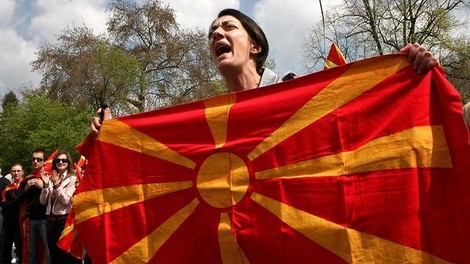Your podcast discovery platform
Curious minds select the most fascinating podcasts from around the world. Discover hand-piqd audio recommendations on your favorite topics.

piqer for: Globalization and politics Global finds
Freelance journalist based in Istanbul. Keeping an eye on Turkish politics and development.
Why Are Flags Taken So Seriously?
In Denmark, birthday celebrations are all about the national flag. As a Spaniard, I found this very surprising.
In Spain, the national flag has particular political connotations, especially since the Civil War of 1936. You don't wave the national flag unintentionally.
I guess that's why I've always wondered why people take flags so seriously, and the reason I found this episode of The Foreign Desk fascinating.
How did flags become such a fact of life? Why are they a symbol worth dying for to some, while to others they are just a way to differentiate countries?
A flag doesn't signify anything without the meaning we attach to it. It is just a piece of cloth. But it is what you bring to it, what nations bring to it, that matters (to some.) If someone damages your flag, it's seen as an insult. It sends a message of "I don't care about your values." In France, you can go to jail for burning the flag. In the U.S. it is technically legal, although it might have consequences. In Turkey, you will probably be attacked.
And what happens when you have two flags? Englishmen, for example, have both the Union flag and the flag of St. George. The same is true for many other people all over the world, and those flags usually stand for different things and feelings. I experience that myself, and perhaps you too. And what if that flag was imposed by colonialism?
A very engaging conversation we can all relate to. Also quite enlightening about the different cultures around the world, how nations engage with their flag and why.
